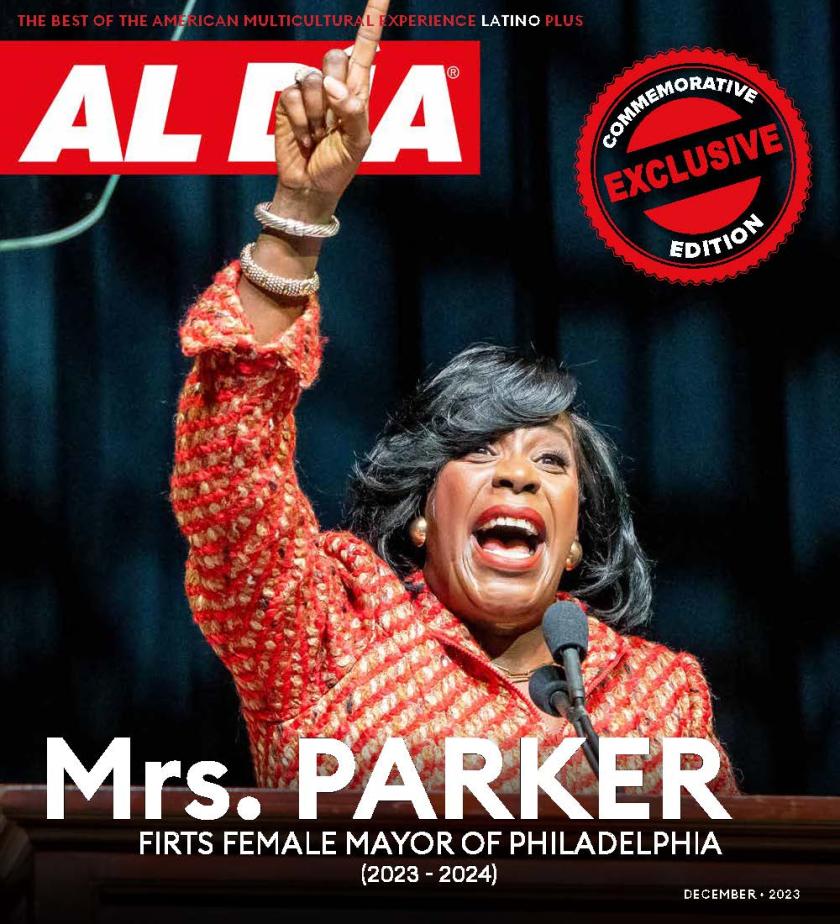
African-American and Latino people have more difficulties in renting a house. Photo: Konstantin Postumitenko- Prostock-studio
People with Latino or African-American names have a harder time renting a home in the U.S.
A new study shows that white people have better outcomes in the housing market.
According to a study developed by the National Bureau of Economic Research, Latinos and African-Americans still face more restrictions when renting in the United States. The study specifically pinpoints how the name of the person interested in renting influences the response they receive.
The study, which was published in November, is the largest of its kind to date and stems from an experiment in which a computer robot sent fictitious tenant queries to 8,476 managers that advertised their properties on online platforms in the country's major real estate markets.
property managers in large cities discriminate against Black & Hispanic renters; geographic differences are associated with residential segregation & gaps in intergenerational income mobility. correspondence study matched to actual rental outcomes
— Matt Grossmann (@MattGrossmann) November 29, 2021
https://t.co/ZyR708j4dg
Sampled from more than 25,000 interactions with rental property managers in the 50 largest U.S. cities, the study revealed that African-American, Hispanic, and Latino tenants face discriminatory restrictions in most of the country.
The methodology for the research used a computer bot that sent queries with fictitious first and last names associated with one of the three ethnic categories in the study.
Queries sent from white tenant identities received an average response rate of 60%, while those sent from names associated with African Americans and Hispanics had rates 5.6 and 2.8 percentage points lower, respectively.
In contrast, queries sent from Latino identities faced greater constraints in the Northeast (8.1 % fewer responses than whites), the South and Midwest (5.2 % and 3.6 %), and then the West (2.6 %).
"Greater discriminatory restrictions on renters of color (especially African-Americans) are associated with higher levels of residential segregation and greater differences in intergenerational income mobility," the study's results read.
According to its authors, the matching study's measures of discrimination effectively predict actual outcomes.











LEAVE A COMMENT:
Join the discussion! Leave a comment.